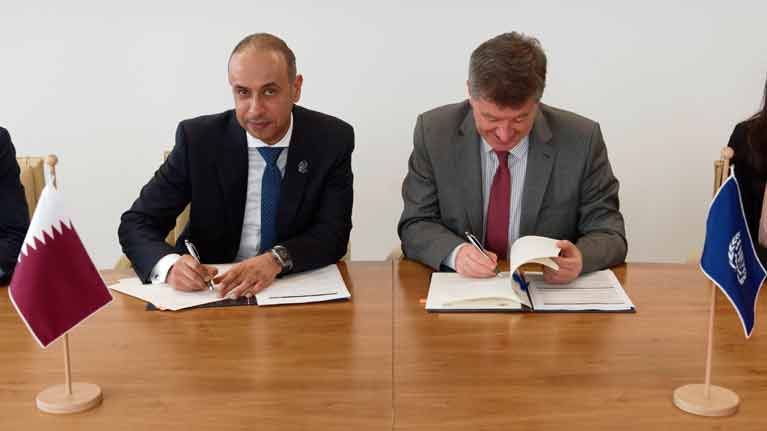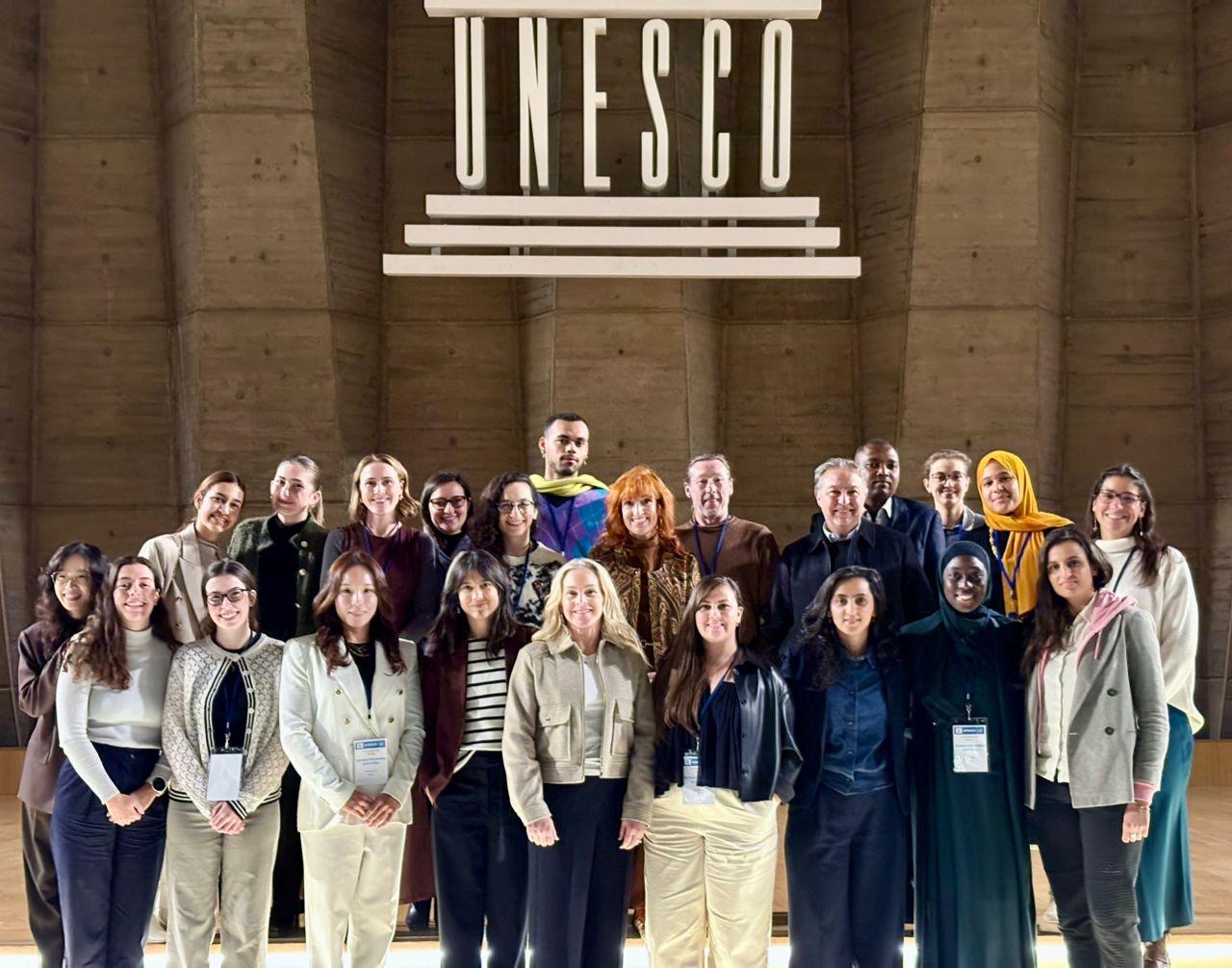The International Labour Organisation’s (ILO) decision to close the complaint against Qatar, following the government’s commitments to dismantle the kafala system and end modern slavery, signals a new era for workers’ rights in the country.
“Qatar has set a new standard for the Gulf States, and this must be followed by Saudi Arabia and the UAE where millions of migrant workers are trapped in modern slavery,” said Sharan Burrow, General Secretary, International Trade Union Confederation (ITUC).
The complaint lodged by the ITUC in 2014 exposed the exploitative conditions of two million migrant workers servicing and building the huge infrastructure programme to deliver the 2022 FIFA World Cup.
“New commitments made by Qatar to the ITUC and the ILO will normalise industrial relations in the country and have opened the way for international businesses operating in Qatar to sign agreements on workers’ rights and decent work with global union federations” said Sharan Burrow.
The Building and Wood Workers’ International (BWI) https://www.bwint.org/cms/news-72/construction-company-to-sign-agreement-with-bwi-in-qatar-854 will sign a union agreement with French based multinational construction company VINCI and its joint venture partner QDVC at the end of the month, covering all their workers in Qatar.
BWI General Secretary Ambet Yuson said, “this agreement with QDVC and VINCI, which complements and builds on our productive cooperation with the Qatar’s Supreme Committee on Delivery and Legacy, is a major step towards the full respect of workers’ rights in Qatar. We look forward to working with both parties in our ongoing efforts to improve the working and living conditions of migrant construction workers in Qatar. As the text of the agreement indicates, it is ‘founded on the shared belief that all construction workers should be treated with dignity, and live and work in decent and safe conditions’.”
“For the International Transport Workers’ Federation (ITF) this means a sea change for transport workers, in aviation, in ports, and in public transport. We look forward to working with companies to build protection for workers, with good, sustainable jobs, recognising international standards and best practice,” Stephen Cotton, General Secretary of the International Transport Workers’ Federation ITF.
A new technical cooperation programme between the ILO and Qatar will support the transition to a modern industrial relations system, with the UN body establishing an office in the country for the first time. Migrant workers in submitting complaints to the national disputes mechanisms will receive support along with an extensive technical and training programme for officials.
“The commitments made by the Government of Qatar dismantle the kafala system, put in place a minimum wage and start to build freedom of association rights for migrant workers who will now be able to elect representatives on workplace committees,” said Burrow.
The commitments made by Qatar include:
Dismantling the kafala system;
- Employment contracts will be lodged with a government authority to prevent contract substitution, ending the practice of workers arriving in the country only to have their contract torn up and replaced with a different job, often on a lower wage.
- Employers will no longer be able to stop their employees from leaving the country and the contentious issue of workers’ rights to change employers will be cleared up.
- Identification papers will be issued directly by the State of Qatar, and workers will no longer rely on their employer to provide their ID card without which workers can be denied medical treatment.
Wages:
- A minimum wage will be prescribed as a base rate covering all workers, ending the race-based system of wages.
- Improvements to the existing Wage Protection System to ensure that wage arrears are systematically settled.
Worker representation and grievance procedures:
- Workers’ committees will be established in each workplace, with workers electing their own representatives.
- A special disputes resolution committee with a timeframe for dealing with grievances will be a centrepiece for ensuring rapid remedy of complaints.
“Putting these new guidelines into practice will be done with the support of a signed technical agreement, an ILO office, the ITUC, and agreements between global union federations and companies. Government, unions and companies working together opens a new era for employment rights in Qatar, with workers’ lives and livelihoods being protected” said Burrow.
For more information, please contact the ITUC Press Department on +32 2 224 03 52 or mail to: press@ituc-csi.org







